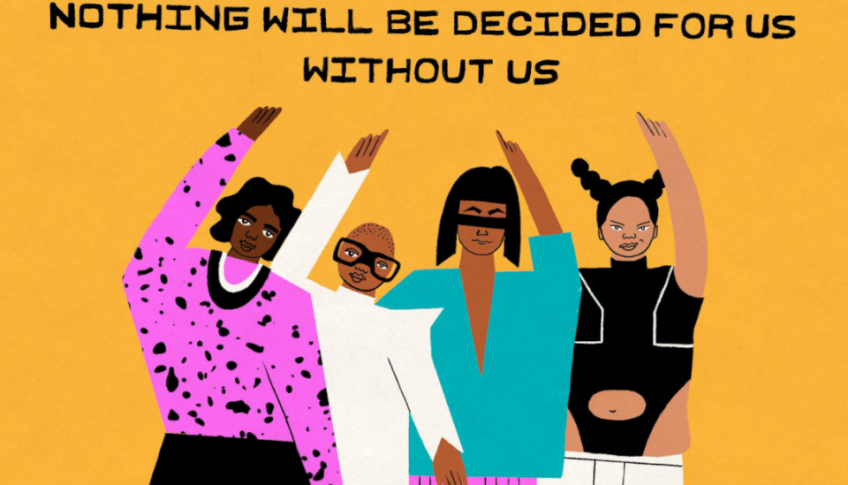
It is no secret for feminist activists that the internet is not a safe space for organising. With the COVID-19 pandemic, and under the different forms of lockdowns, there was a stark increase in violence against women and LGBTIQ+ people. Feminist activists have turned to online tools to keep connected, organise and fight back whilst providing key support and accompaniment to victims of gender-based violence. Beyond organising, we have seen an increase in the use of online tools, particularly Zoom, WhatsApp and social media apps, for people to feel connected, spend time together, for leisure and more. Internet servers everywhere were overcrowded with users and our social media timelines were full of Instagram live events, Zoom calls and apps to party.
Nevertheless, it wasn’t long before corporatised telecommunications failed their users, again. Zoom and Jitsi rooms were invaded by men on the internet who crashed their meetings with sexually explicit content, racist and sexist language and more, known as “Zoombombing”, and the company is yet to ensure users' safety. Likewise, platforms like Facebook and Twitter continue to fail marginalised groups by pulling down their posts, enabling their content to be seen by far-right extremists, and spreading misinformation and fake news without proper checks and balances. Recently, The Atlantic published a report of how Facebook ads enable the Trump campaign and his far-right messaging. Meanwhile, recently Twitter has come under fire for double standards in removing certain posts from the Black Lives Matter movement but failed to take action against racists and far-right extremists on their platforms. Corporate-owned telecommunications keep exposing their fault lines, and without proper alternatives, we continue to use them en masse, handing over our data for their profit.
Continue reading at GenderIT.org.